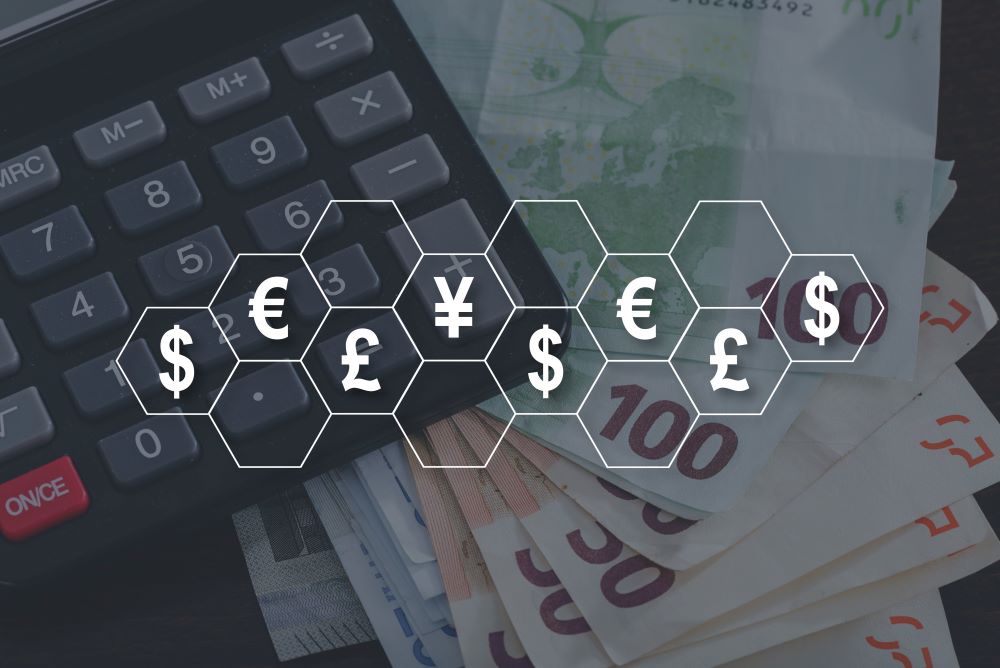
Sponsored content from Bibby Financial Services
Although last week began cautiously for the pound against both the euro and the US dollar, a good end to the week for the British government led to a rise in value, culminating in it recording its highest values since February today (10 May).
Declining Covid-19 rates, upbeat GDP predictions and the Conservative Party’s win in the Hartlepool by-election were behind the bounce for Sterling.
Slow start to the week
With markets waiting for further developments in the political saga over Boris Johnson’s home improvements, the pound remained depressed in the early part of last week.
It spent most of Tuesday under pressure and closed at a disappointing value of US$1.384.
The Bank of England’s (BOE) announcement on Thursday to keep interest rates at a record low of 0.1% did little to lift the pound. The BOE also announced that bond purchases would be slowed to £3.4bn per week from £4.4bn.
Rising tensions between the UK and France over post-Brexit fishing rights also bought the pound’s value against the euro down throughout the week.
Strong finish
There were also, however, upbeat forecasts from the BOE predicting that UK GDP will recover to pre-pandemic levels this year, up from a February estimate of 5% to 7.25%.
Likewise, the BOE now forecasts unemployment to peak at 5.5% later this year – a significant drop from the 7.75% it predicted three months earlier.
Victory in the by-election in Hartlepool also bought Boris Johnson some political breathing space, after a trying few days of debate over the funding for improvements to his Downing Street residence.
The government’s positive end to the week saw the pound close on Friday at US$1.40 and it has recorded values of US$1.409 and €1.158 today.
Dollar drops
In contrast, the US dollar started the week strongly against all of its major counterparts but fell in value as the week wore on.
Friday brought disappointing employment figures in the US, with only 266,000 jobs created in April – a far cry from predictions ranging between 900,000 to two million.
Euro rises against dollar
The euro also rose against the dollar following the weak US jobs data and due to the EU considering lifting some travel restrictions.
Its value jumped from US$1.20 during the early part of last week and to as high as $1.217 on Friday – a rate that it has retained today.
Economic data
Highlights this week include:
Monday (10 May)
- Australia retail sales data
- UK Halifax house price index
Tuesday
- China Producer Price Index (PPI) and Consumer Price Index (CPI) data
- Organization of the Petroleum Exporting Countries (OPEC) meeting
Wednesday
- UK GDP and industrial/manufacturing production figures
- German CPI
- Eurozone industrial production data
- US CPI data
Thursday
- US PPI
Friday
- US retail sales data

